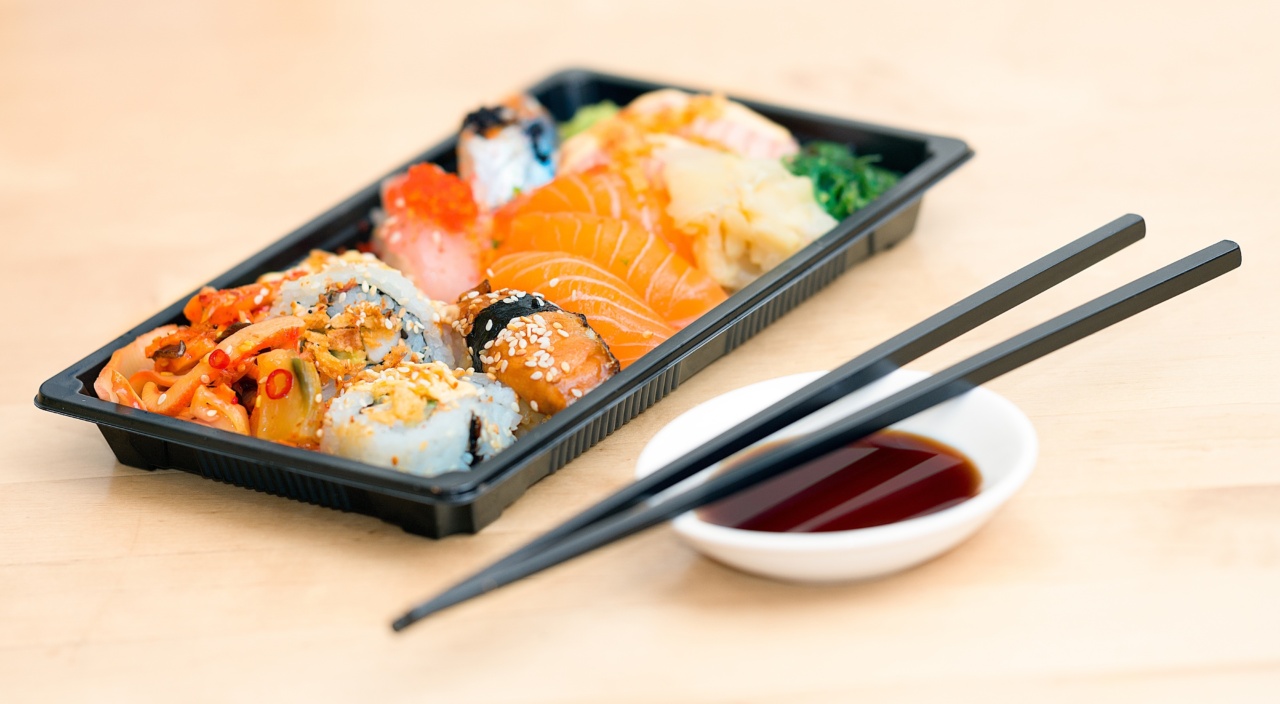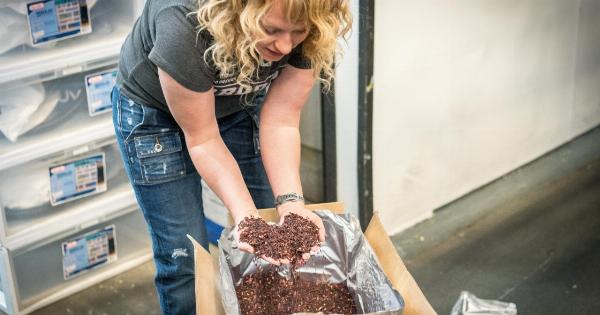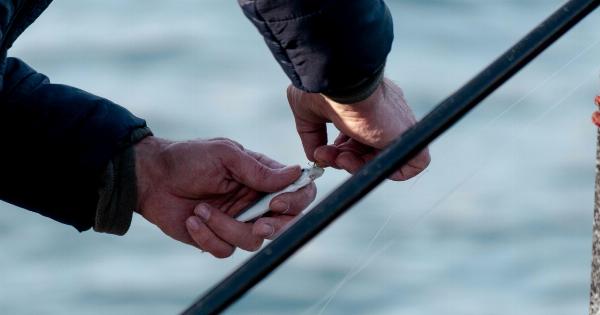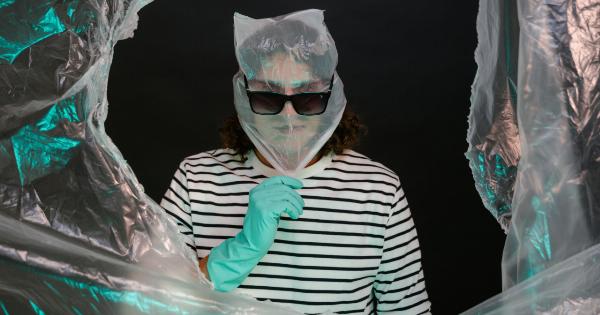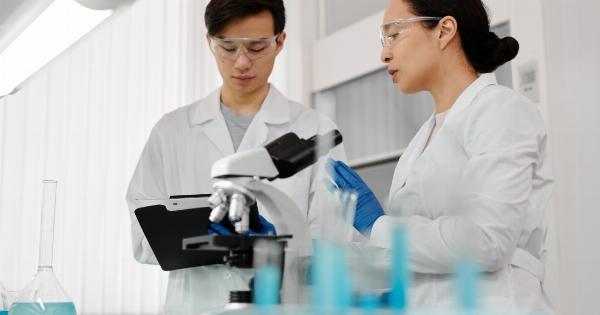Plastic pollution has become one of the major environmental issues in recent years. It is estimated that about eight million tons of plastic waste ends up in oceans every year, causing significant damage to marine life.
Plastic waste affects not only marine animals, but also humans who consume seafood.
How Plastic Pollution Affects Fish
Plastic pollution in the ocean has a direct impact on fish, which are an essential source of food for many people around the world.
These contaminants enter the food chain when small fish consume microplastics, and as they are eaten by larger fish, the plastic concentration increases. This process is known as bioaccumulation, which means the accumulation of substances such as toxins and pollutants in the body of an organism over time.
It is not only microplastics that cause problems for fish – larger plastic debris also creates hazards. For example, fishing nets, ropes, and plastic bags can be mistaken for food, causing digestive problems and even death in fish.
Plastic debris can also damage fish habitats, which leads to a decrease in fish populations, affecting food security for millions of people.
How Plastic Affects Human Health
Plastic pollution does not only affect marine animals but also humans who consume seafood. Fish that have ingested plastic can be harmful to human health when consumed because of the chemicals found in plastics.
For example, scientific research has shown that BPA, a chemical commonly found in plastic, can interfere with hormones in humans and cause health problems such as obesity and reproductive issues.
Additionally, eating seafood contaminated with plastic has also been associated with gastrointestinal problems. The plastic can physically damage the lining of the digestive tract when ingested, leading to inflammation and other health problems.
Preventing Plastic Pollution
Preventing plastic pollution is crucial not only to protect marine life but also human health. Some steps that can be taken to reduce plastic waste include:.
- Using reusable bags instead of single-use plastics.
- Avoiding products packaged in plastic as much as possible.
- Supporting restaurants and stores that use sustainable packaging solutions.
- Recycling plastic waste properly.
- Participating in beach and ocean cleanup events.
The Bottom Line
Plastic pollution has become a significant problem for marine animals and humans alike. As consumers, we can take steps to reduce the amount of plastic waste in the ocean, such as recycling correctly and supporting sustainable packaging solutions.
It is essential to raise awareness of the harmful effects of plastic pollution and take proactive steps to prevent it from continuing to harm the environment and our health.
